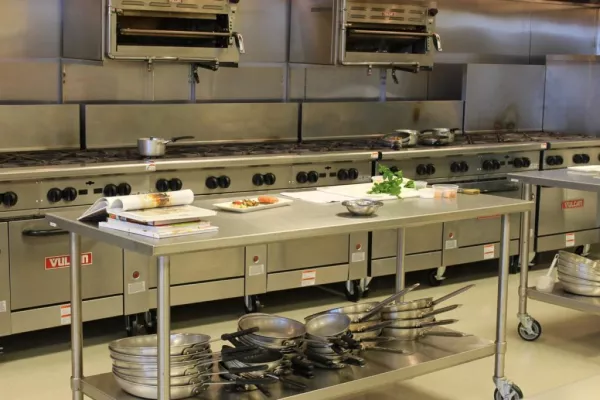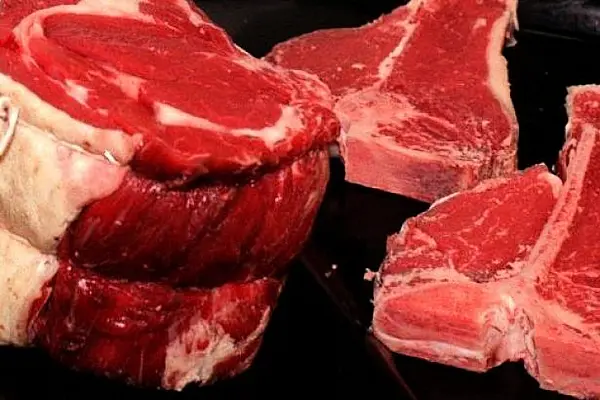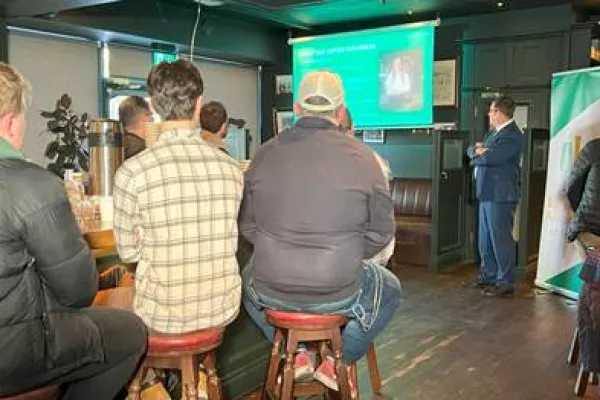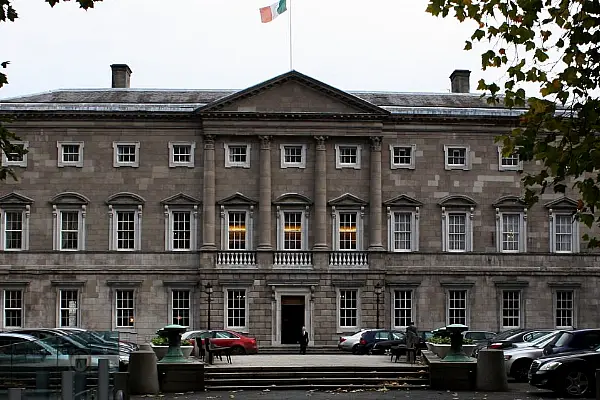The Restaurants Association of Ireland (RAI) has launched its ten-point manifesto in advance of what it believes to be an imminent general election, to fix what it describes as the ‘broken financial model’ facing Ireland’s hospitality industry.
Among the key demands of the RAI’s manifesto is a decoupling of the VAT rate between food and accommodation, in recognition of the different business models of small pubs and restaurants versus large hotels.
The RAI claims that a separation of VAT on food and accommodation should result in a reduced VAT rate for food services while keeping the accommodation rate at its current 13.5%.
The association is also calling for a reduction of the standard VAT rate, from 23% to 21%, as well as cuts to excise duty on alcohol, which remains the second highest in the EU.
In addition to financial reforms, the RAI has called for greater support to be provided for hospitality apprenticeships, and for the appointment of SME representation to key economic bodies like the Labour Employer Economic Forum and the Low Pay Commission.
“Without urgent and meaningful intervention, over 1,000 businesses will close their doors over the next 12 months,” said Adrian Cummins, CEO of the RAI. “The RAI has today requested meetings with Taoiseach Simon Harris, Tánaiste Micheál Martin, Minister for Finance Jack Chambers and Minister for Enterprise Peter Burke, so that we can work together, collaboratively, towards a more sustainable future for the industry.”
The RAI, which has over 3,000 members, has also called for the appointment of a dedicated Minister for Tourism and Hospitality within the Department of Enterprise in the next government, and the development of a five-year strategy for food-and-drink tourism in Ireland.
The manifesto launch follows a rally held last Tuesday outside Leinster House, wherein 1,800 hospitality workers and small-business owners gathered to highlight the sector’s deepening financial struggles.
“Our pre-Budget focus was on restoring the 9% VAT rate on food, which would have been worth €37,000 to the average restaurant,” said Cummins, “but now we are asking the government to meet with us, with all options on the table.”
He concluded, “We are open to any solution or combination of policies that will secure a viable future for the over 20,000 businesses and 270,000 livelihoods supported by our industry.”









